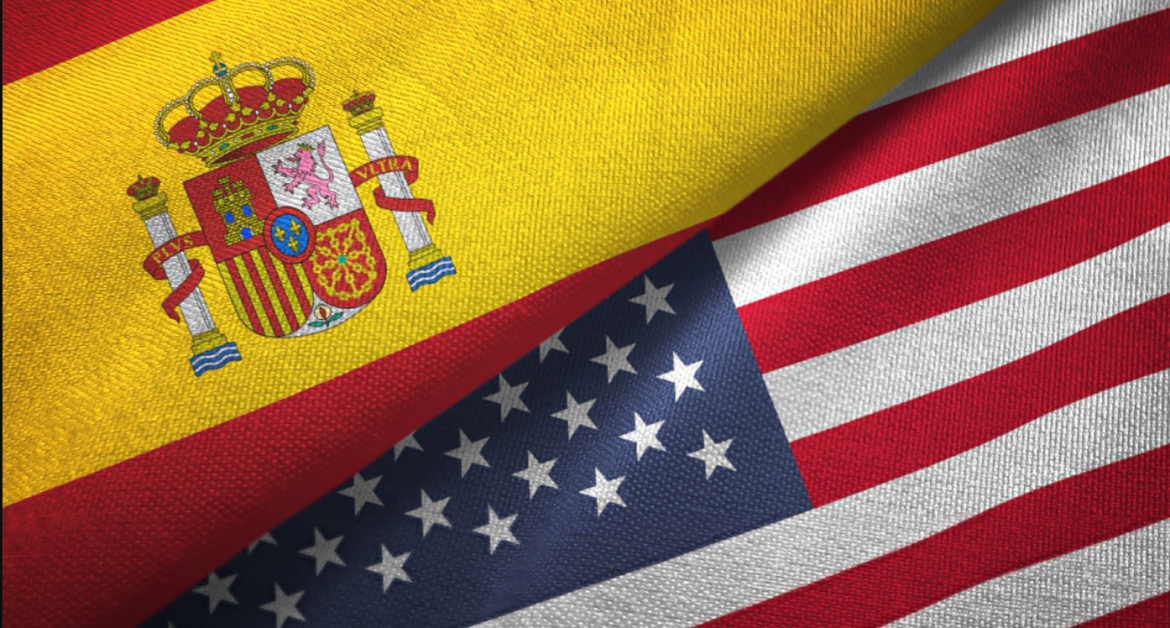In early 2025, when the United States introduced a new round of tariffs on European imports, most expected the usual pattern: political posturing, threats of retaliation, and increased diplomatic tensions. But Spain took a different route—one that is now being hailed by analysts as a masterclass in calm, strategic statecraft.
📉 The Challenge: Economic Pressure Without Warning
The new U.S. tariffs affected key Spanish exports, including agri-food products, automobiles, and industrial components. For many Spanish firms already dealing with global supply chain pressures, it was another unexpected blow.
But instead of entering into a rhetorical war or demanding an emergency summit, Spain went back to the fundamentals: it focused inward, built resilience, and invested in its own economy.
💼 The Response: A €14.1 Billion Plan to Strengthen Trade
In early April, Prime Minister Pedro Sánchez’s government unveiled the official Response and Relaunch Plan for Foreign Trade—a bold, data-driven policy package backed by €14.1 billion in funding.
According to La Moncloa’s official statement, the plan includes:
- Direct financial aid to affected exporters
- Public guarantees to support access to credit
- Programs to enter new markets outside of the U.S.
- Investments in digital transformation for SMEs
- International promotion of strategic sectors like agriculture, tech, and industrial manufacturing
The goal wasn’t just to protect businesses, but to encourage them to evolve, modernize, and grow beyond their dependence on U.S. markets.
🌍 A European Response, Spanish Leadership
Spain’s actions weren’t taken in isolation. The country worked closely with the European Commission, aligning its plan with the EU’s broader trade response. It also formally requested temporary flexibility in EU state aid rules, allowing faster deployment of support measures.
The EU’s backing gave Spain’s domestic initiative more weight—and offered a model for how individual member states could complement European-wide strategies with their own tailored actions.
🔧 Focused Sector Support
According to RTVE, sectors like energy, auto manufacturing, and food production were prioritized. The government coordinated directly with industry associations to fine-tune financial instruments and adapt support mechanisms to the specific needs of each area.
This granular approach helped avoid waste and build targeted momentum.
📈 Turning a Threat Into an Opportunity
One of the most remarkable outcomes of Spain’s plan has been the shift in mindset among small and mid-sized enterprises. As reported by Anadolu Agency, many firms have already begun investing in new export channels in Latin America, Asia, and North Africa. Others have used the funding to digitize operations or move into higher-value manufacturing.
The impact isn’t just economic—it’s strategic. Spain is reshaping its export identity and reducing reliance on a single trade partner.
🛡️ Strategic Calm Over Political Noise
In an era where trade disputes often escalate into geopolitical standoffs, Spain’s measured, intelligent approach stands out.
No fiery headlines. No retaliation. Just a long-term strategy built on resilience, cooperation, and investment.
Spain’s answer to economic pressure wasn’t confrontation—it was transformation.
📚 Sources:
Anadolu Agency – Spain announces €14.1B plan
La Moncloa – Official Government Statement
RTVE – Spain reacts to U.S. tariffs
El País – EU promises response to U.S. trade measures



